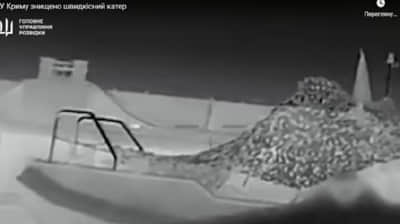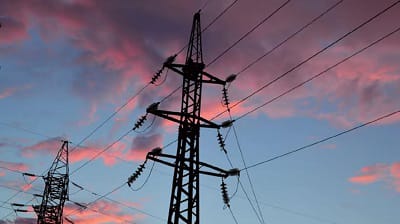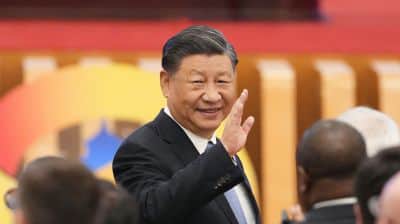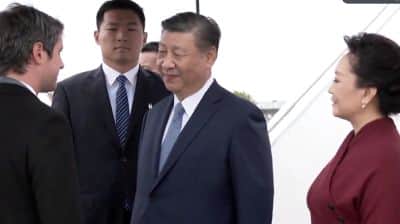EU fails to finalise new sanctions against Russia: Poland demands stricter measures
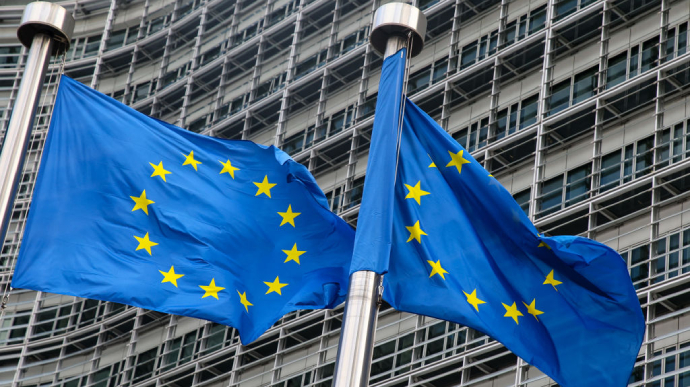
The European Union failed to sign off on a much-anticipated round of sanctions against Russia on 23 February because Poland objected to proposed restrictions on imports of synthetic rubber that it says are not strong enough.
Source: Politico
Details: Talks will continue on Friday, 24 February and will run into Ukraine's official commemorations of its first year at war, casting into doubt European Commission President Ursula von der Leyen’s recent promise to President Volodymyr Zelenskyy in Kyiv to deliver a 10th round of sanctions by then.
Diplomats said agreement had been reached on nearly all of the package, but Poland was objecting to proposed restrictions on imports of synthetic rubber that it claims aren't strong enough.
While acknowledging holding up the package, Warsaw denied being the problem. "We are not blocking sanctions", a Polish official said on condition of anonymity. "We just want to have sanctions that make sense".
All other points have been agreed on, four EU diplomats said.
The Commission was continuing talks with some EU countries on Thursday evening in search of a compromise, according to two of the diplomats. Another meeting of ambassadors from the 27 EU member countries will be held on Friday morning, four diplomats said, to try and secure a deal.
Poland's objection related to proposed restrictions on imports of synthetic rubber from Russia. Sanctions hawks had called for a complete ban, but in an effort to appease other countries that rely on those imports the Commission suggested setting a quota limit at 560,000 metric tonnes, an EU diplomat said.
That’s even higher than current imports, the Polish official said. While several EU diplomats said Poland had been the most outspoken opponent of this quota, others have also expressed their discontent over derogations for certain companies. One EU diplomat said that the proposed quota "makes the sanction meaningless".
Trade data show that imports from Russia haven't exceeded that quota in the last decade.
Earlier, Josep Borrell, EU High Representative for Foreign Affairs and Security Policy, expressed his conviction that the 10th round of sanctions would be approved by 24 February, the one-year anniversary of Russia’s full-scale invasion of Ukraine.
EUobserver reported that the new round of EU sanctions will introduce restrictions on more than 60 Russian officials and politicians, some of whom are believed to be involved in a campaign to forcefully deport Ukrainian children to Russia.
Journalists fight on their own frontline. Support Ukrainska Pravda or become our patron!


